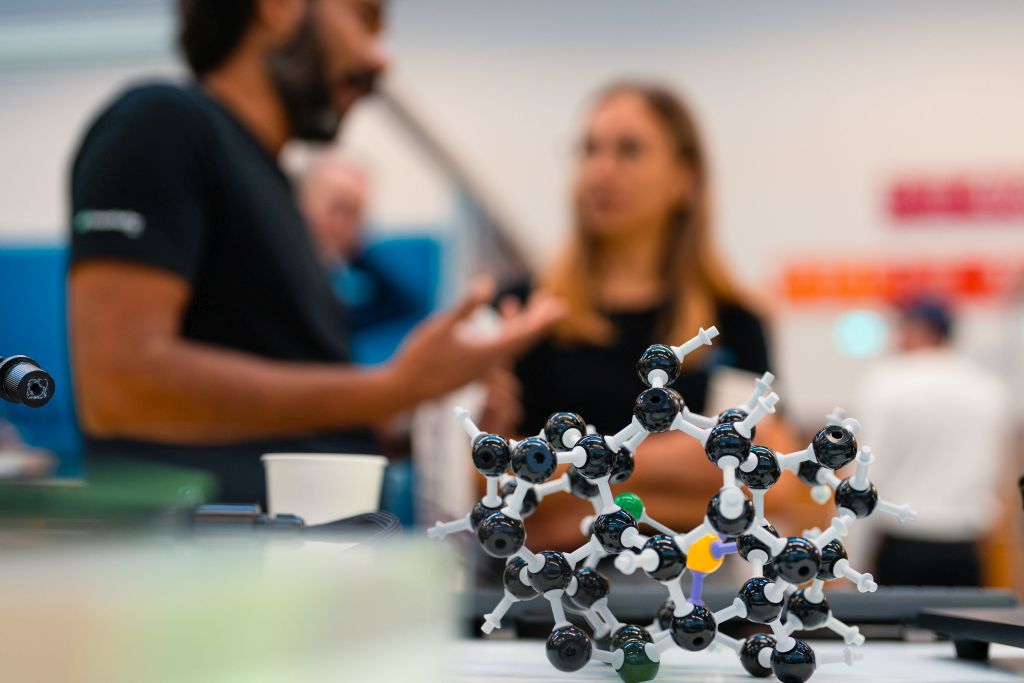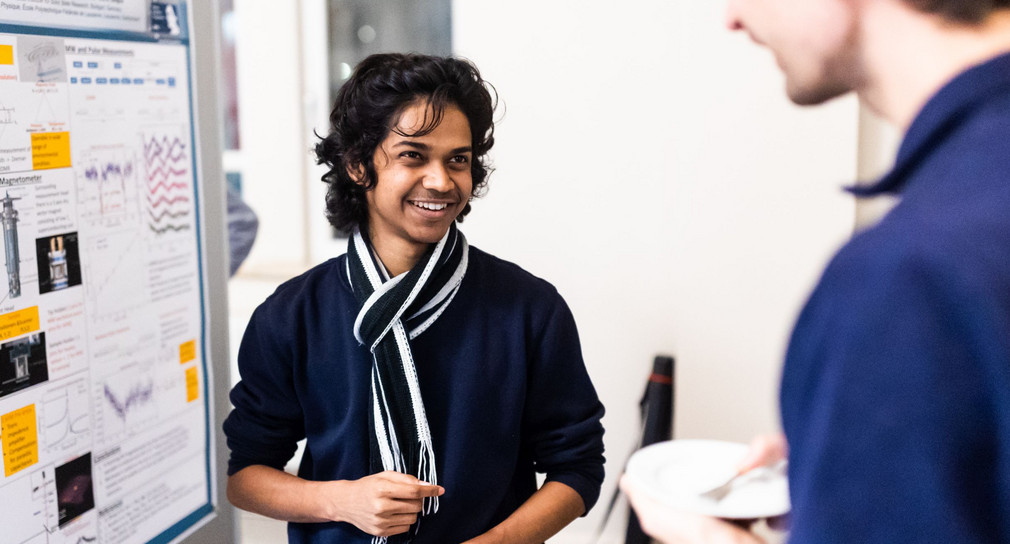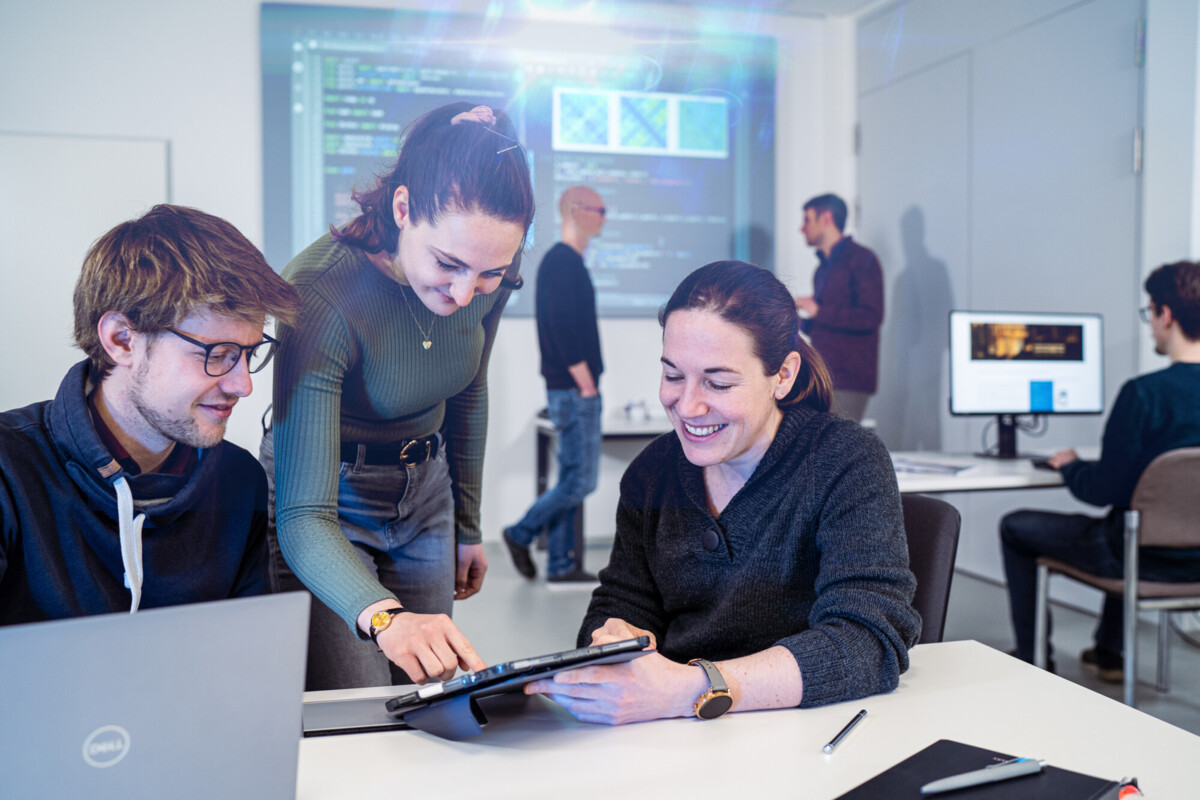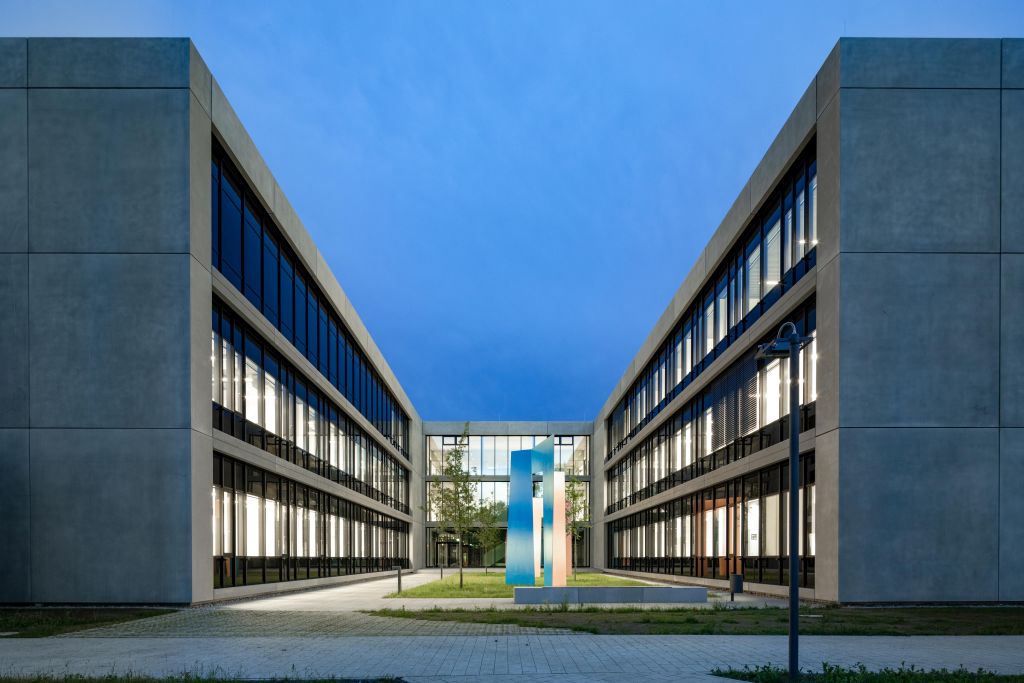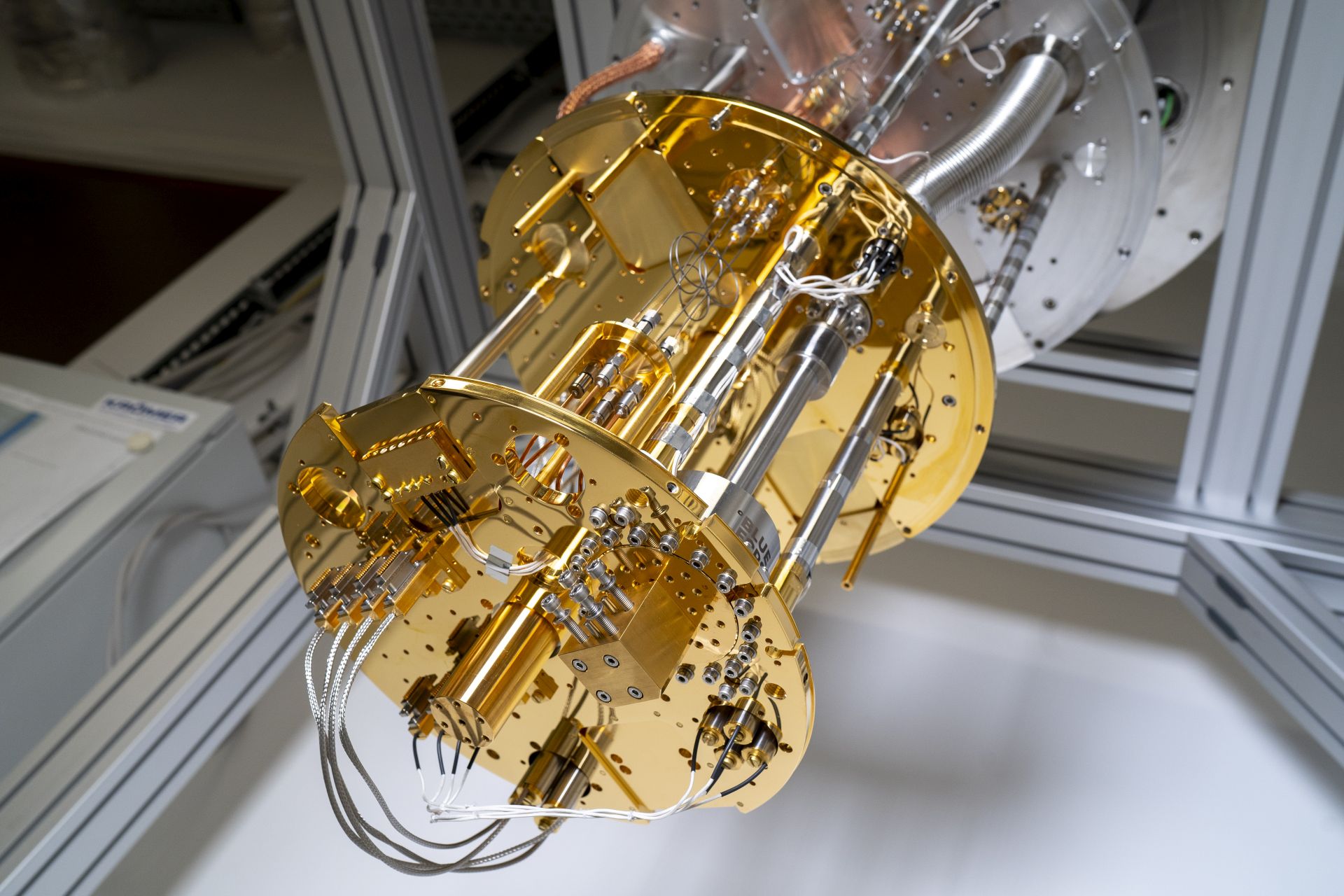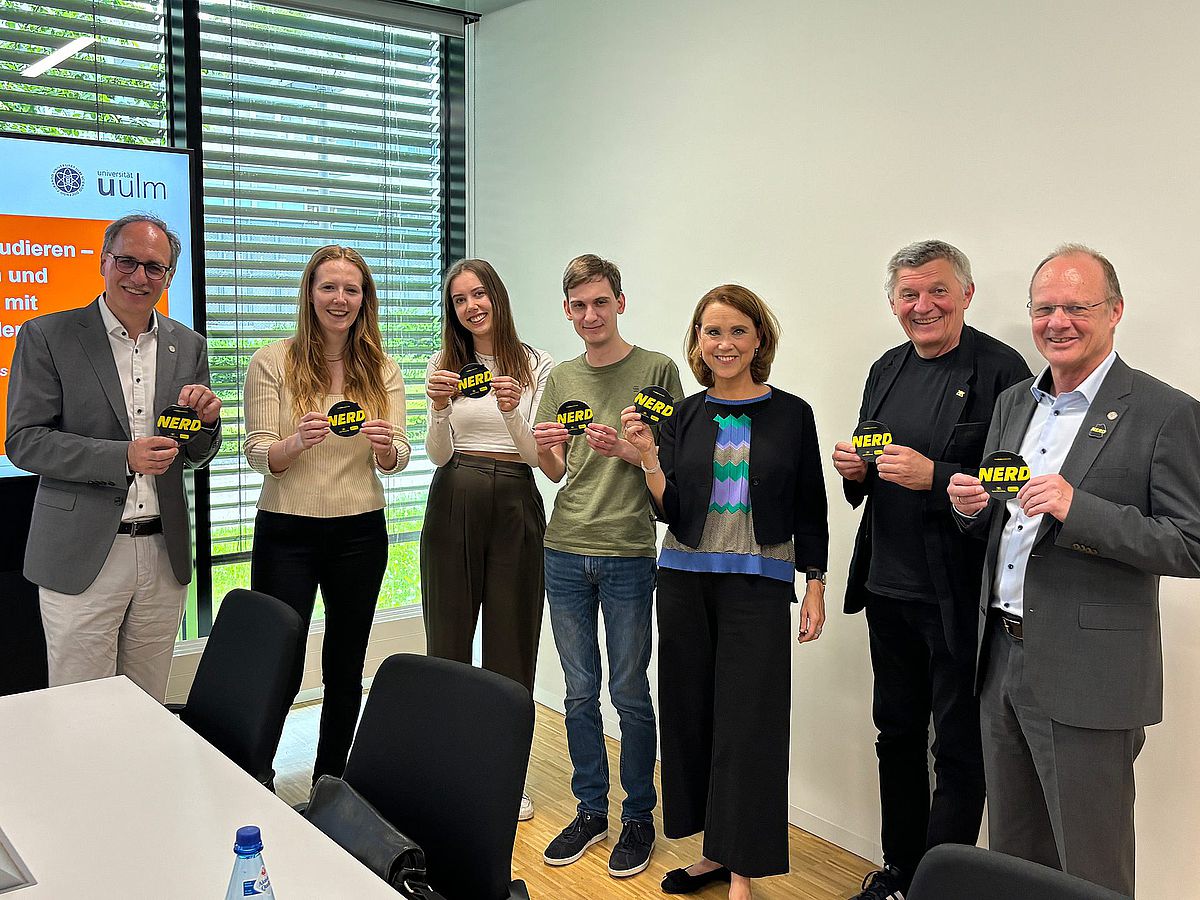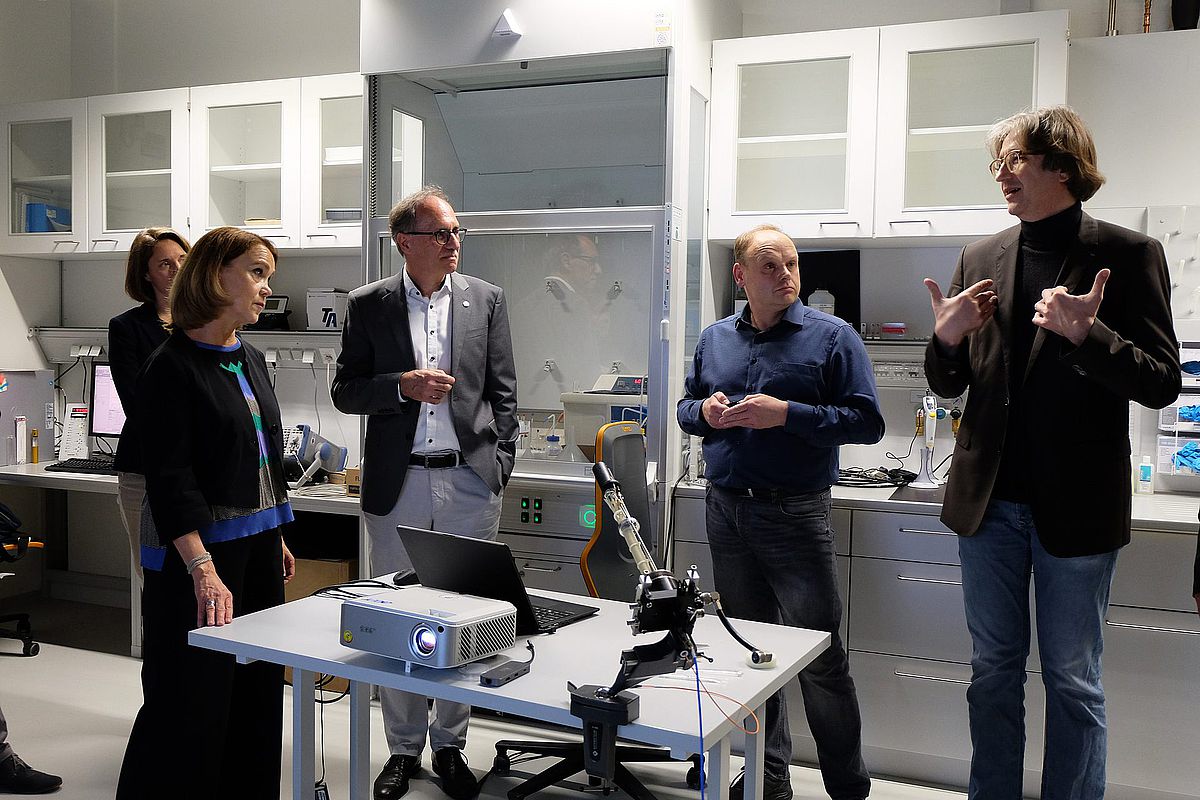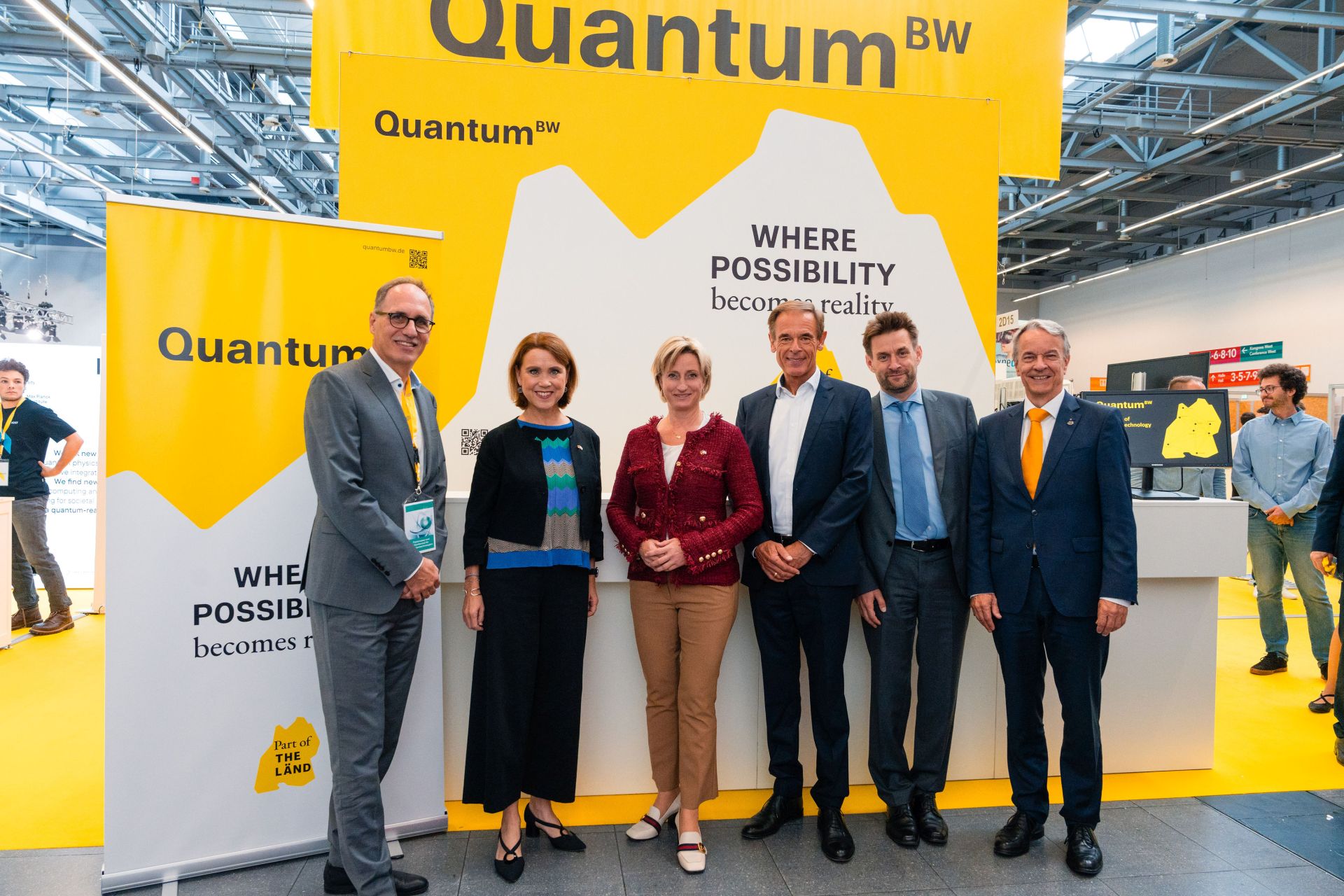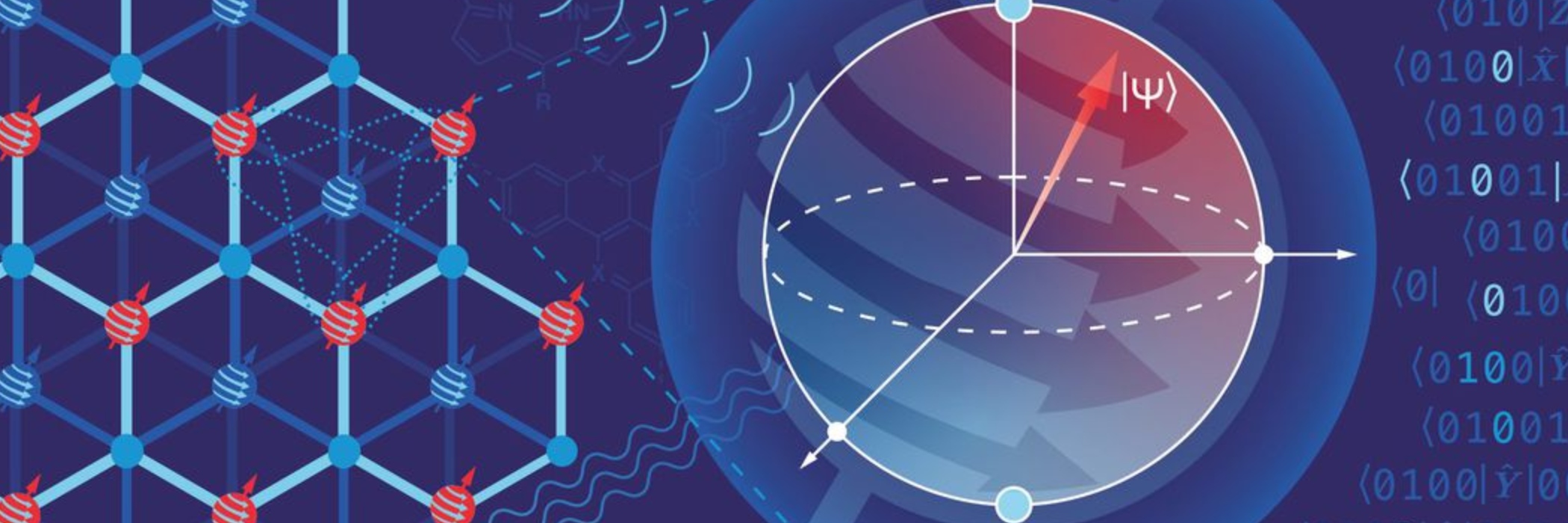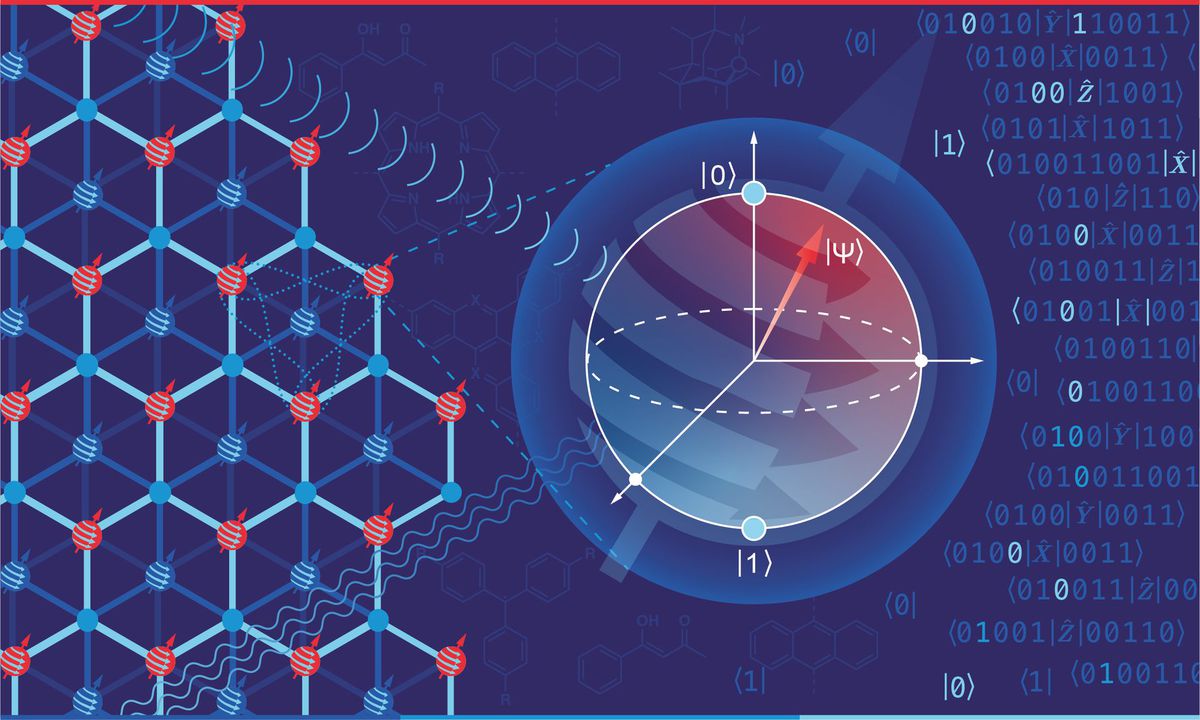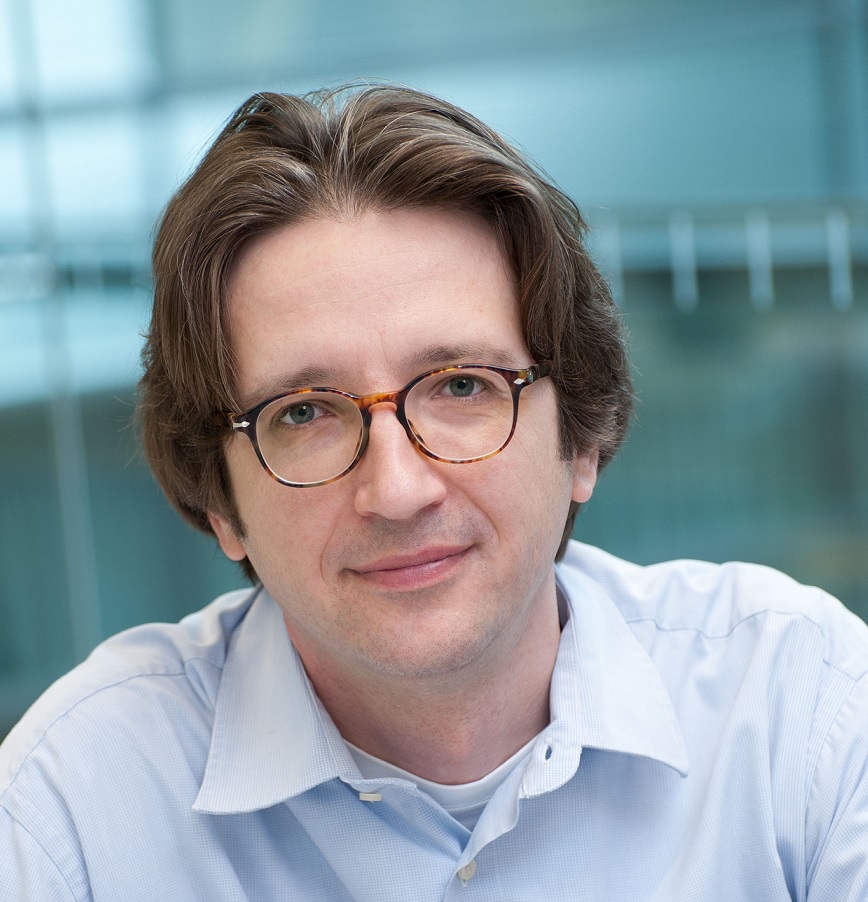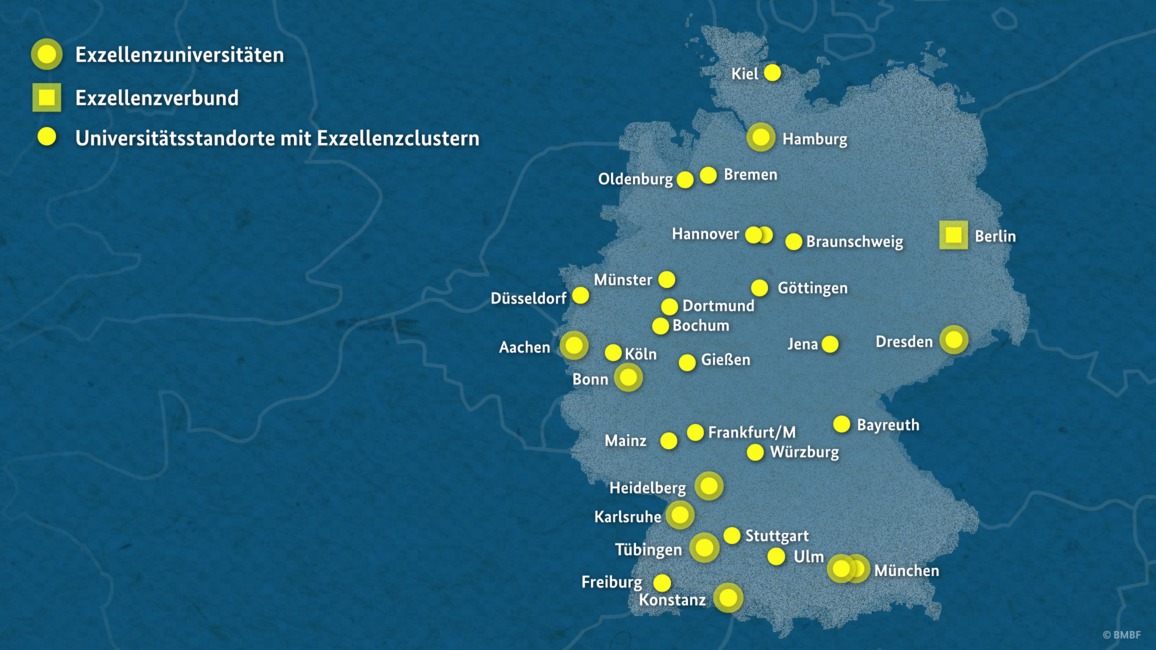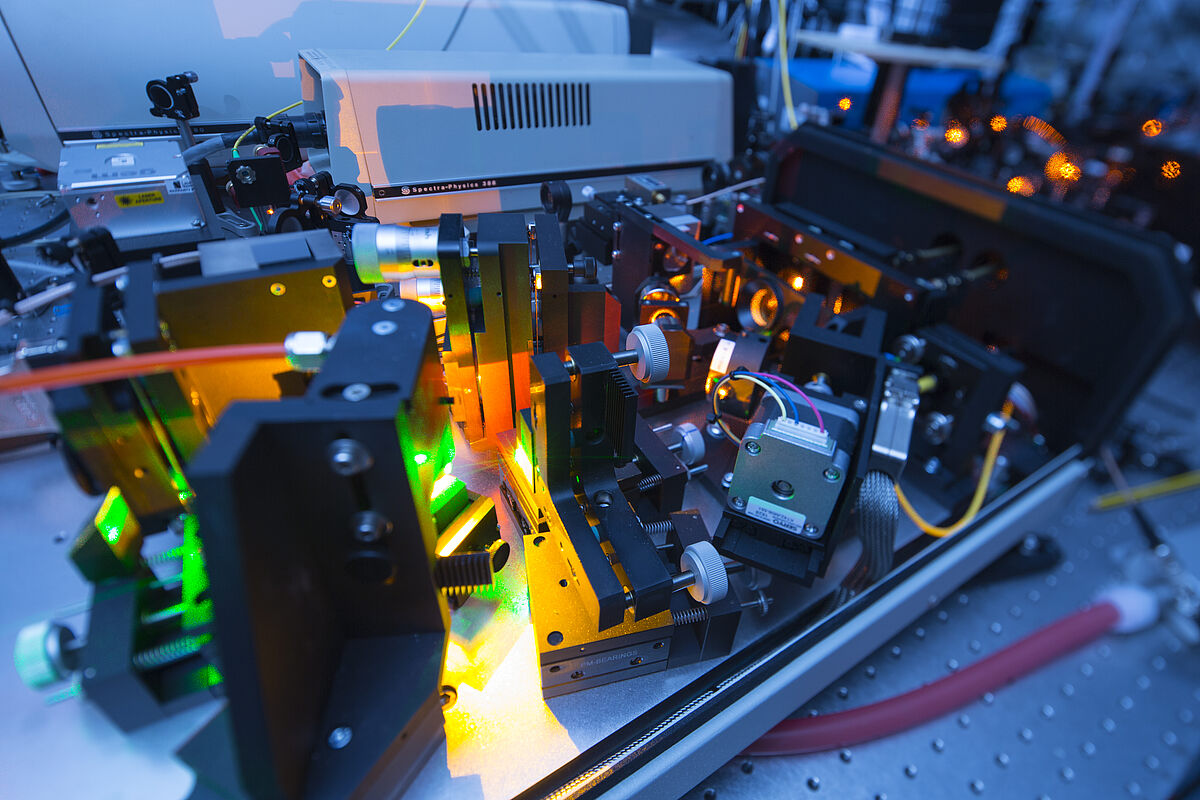Eviden joins QuantumBW network
8/22/2024—The QuantumBW ecosystem is growing
Eviden joins QuantumBW network
QuantumBW warmly welcomes its newest member Eviden to the QuantumBW network. As a next-generation technology leader in the field of data-driven, trusted and sustainable digital transformation, Eviden enriches the quantum technology ecosystem in Baden-Württemberg with important expertise and further advances quantum technologies.
We are delighted to become part of the QuantumBW network and promote the competitiveness of the German QC community. This partnership highlights the crucial role of German and European technology providers to further advance Europe’s technological independence.
SVP, Head of Big Data and Security,
Central Europe, Eviden (Atos group)
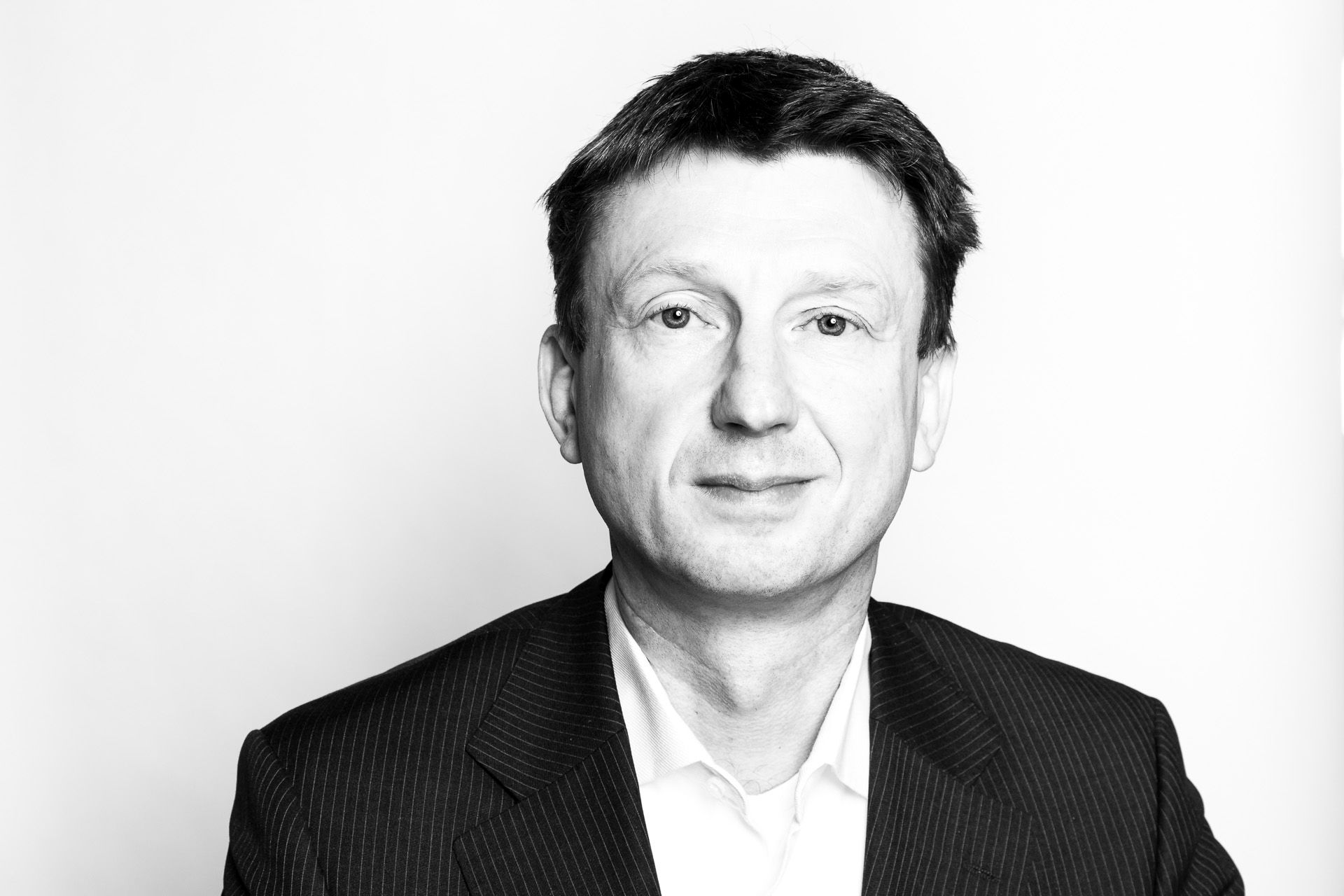
About Eviden
Eviden is a next-gen technology leader with a strong portfolio of patented technologies. With worldwide leading positions in advanced computing, security, AI, cloud and digital platforms, it provides deep expertise for all industries in more than 47 countries. Bringing together 47,000 world-class talents, Eviden expands the possibilities of data and technology across the digital continuum, now and for generations to come. Eviden is a global leader in quantum computing with a complete as-a-service offering focused on application development. Eviden supports the rapid innovation and adoption of quantum solutions for enterprises and organizations.


